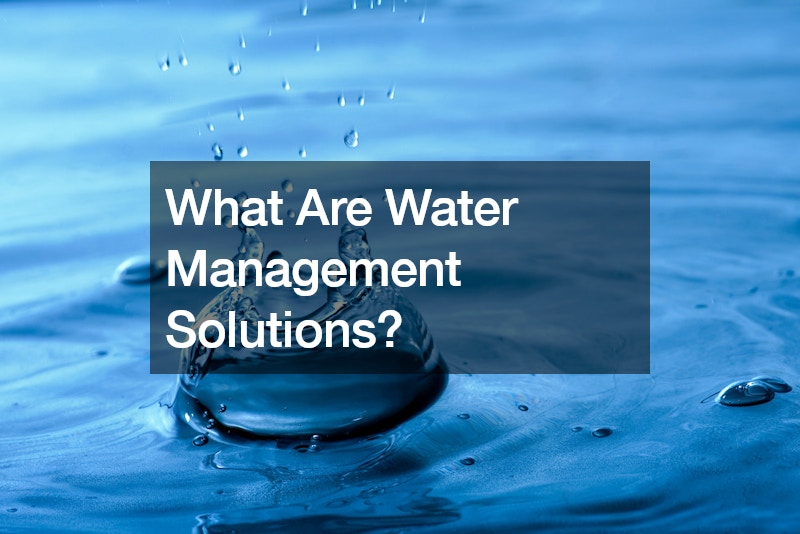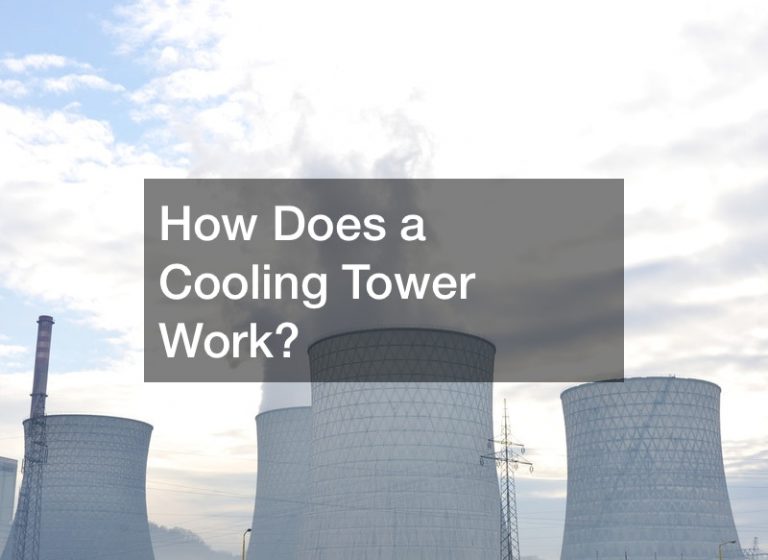What Are Water Management Solutions?

Water management solutions encompass a broad range of strategies, technologies, and practices aimed at optimizing the use and conservation of water resources. As global populations grow and climate change intensifies, effective water management has become critical to sustaining both human life and environmental health. Here, we explore various approaches to water management that can be implemented across different sectors and scales.
1. Smart Irrigation Systems
In agriculture, which consumes about 70% of the world’s freshwater, smart irrigation technologies offer a significant opportunity for water savings. These systems utilize sensors and IoT (Internet of Things) technology to monitor soil moisture, weather conditions, and plant water use. By providing water only when and where it is needed, smart irrigation reduces waste and enhances crop yields. For example, drip irrigation delivers water directly to the plant’s roots, significantly reducing evaporation and runoff.
2. Rainwater Harvesting
Rainwater harvesting involves collecting and storing rainwater from rooftops or other surfaces to be used for landscape irrigation, flushing toilets, and even washing clothes. This not only reduces dependence on municipal water systems but also mitigates flooding and erosion during heavy rainfall events. Modern rainwater harvesting systems can be integrated into building designs in both urban and rural settings, making them a versatile solution for water conservation.
3. Wastewater Treatment and Reuse
Advanced wastewater treatment technologies enable the purification and reuse of water from industrial, agricultural, and domestic sources. Techniques such as membrane filtration, ultraviolet disinfection, and biological treatment can transform wastewater into clean water suitable for various non-potable applications. Reusing treated wastewater helps reduce the extraction of freshwater from vulnerable lakes, rivers, and aquifers and minimizes the environmental impact of wastewater discharge.
4. Water-Sensitive Urban Design (WSUD)
Water-sensitive urban design is an innovative approach that integrates water management and urban planning. WSUD aims to minimize hydrological impacts of urban development by managing runoff and increasing the permeability of surfaces in urban areas. Features like green roofs, permeable pavements, and constructed wetlands not only manage stormwater but also enhance urban biodiversity and improve air quality.
5. Desalination
For regions suffering from acute water shortages, desalination offers a viable solution. This process involves removing salt from seawater or brackish water, converting it into fresh water. While traditionally energy-intensive, recent advances in technology have significantly reduced the costs and environmental impacts associated with desalination.
6. Education and Policy Initiatives
Effective water management also involves education and policy making. Educating communities about the importance of water conservation and efficient use encourages responsible behavior. Meanwhile, government policies and regulations can promote water sustainability by setting standards for water use, supporting innovative technologies, and providing incentives for water-efficient practices.






